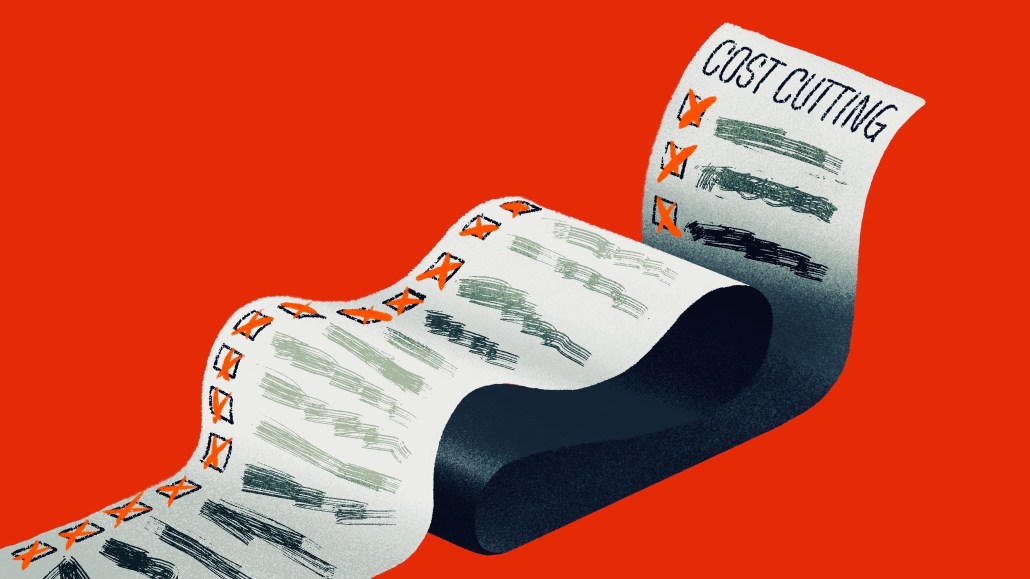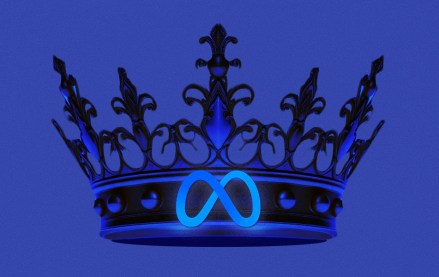Secure your place at the Digiday Publishing Summit in Vail, March 23-25
After a wave of industry layoffs, careers in esports are looking less viable than ever

Jacob Wolf is one of the world’s most decorated esports journalists. After getting hired as ESPN’s youngest-ever staff writer in 2016, he solidified his reputation by breaking earth-shaking stories, achieving the honor of Journalist of the Year at the 2018 Esports Awards. In any conversation about the top journalists in the space, Jacob Wolf’s name belongs in the mix.
And yet Wolf has decided to exit the esports industry in favor of greener pastures. Monday was his first day in his new role as a solutions engineer for the newsletter platform Beehiiv. In the fallout of the gaming industries’ recent series of layoffs, Wolf is among a wave of industry workers who no longer view esports as a viable career path.
“I still think gaming, as a whole, has a broader future,” Wolf said. “But I think there are some more nuanced issues with esports that make it very difficult to have sustainable revenue — which means it’s hard to have a sustainable career.”
Indeed, the past few months have been brutal for anyone looking to make a living in the gaming or esports industries. Large-scale layoffs have led to a cull of nearly 6,000 games industry jobs in 2024 alone, with upwards of 12,000 gaming jobs evaporating during the past calendar year.
For years, gaming has been seen as a passion industry, with studios often pulling new employees directly from their games’ fan bases. At studios such as Riot Games and Activision Blizzard, laid-off staffers have increasingly been put in the difficult position of separating their passion for the companies’ games with their disappointment and resentment over losing their livelihoods.
“You’re trying to really drink the Kool-Aid — there’s so many passionate people that work there, because it’s not easy to get there,” said one laid-off Riot Games staffer, who agreed to speak to Digiday on condition of anonymity. “So, when you take that away, it’s like getting the rug pulled from under you.”
Some of the laid-off gaming industry workers were turned off by the way gaming companies framed the decision as a necessary evil. Riot Games CEO Dylan Jadeja wrote that the move was a “necessity” to “maintain a long-term focus for players,” while an internal memo at Microsoft blamed the Activision Blizzard cuts on redundancies caused by the companies’ merger last year. Laid-off games industry workers told Digiday that their employers’ focus on their financial bottom line, during a time in which thousands of individuals lost their jobs, left a sour taste in their mouths.
“Looking at it from our side, I think they led with the wrong thing,” said the former Riot staffer. “It is a rough situation, but it sucks, the way they presented this to us.”
January’s wave of gaming and esports layoffs was the result of a confluence of factors. Game developers’ statements about correcting the over-hiring of years past were fair, to some extent; it’s true that spending and engagement around gaming fell back to earth in 2023 following COVID-fueled banner years in 2021 and 2022. The market has slowed, and gaming companies are responding in kind. But particularly on the esports side of the industry, the layoffs are also a result of gaming companies swinging and missing on business models such as localized team franchises or broadcast deals with the likes of Twitch and YouTube.
“The esports business model ran before it could walk,” said Jason Chung, director of esports and gaming at New York University. “And costs were acceptable, when borrowing was cheap — when investors were lining up. But whenever there’s any sort of correction, people will start questioning the models, and that’s exactly what’s happening right now.”
Gaming industry workers impacted by the layoffs also told Digiday that they were disappointed by the lack of a unified labor response from their still-employed former colleagues. In spite of the widespread online support for laid-off gaming workers, there have not yet been any major walkouts or strike actions at the gaming studios that made cuts last month. This stands in stark contrast to the response among similarly stricken workers in the traditional media industry, which saw hundreds of staffers from the Los Angeles Times and Condé Nast walk out following layoffs at those companies last month.
“I think that comes down to the games industry largely not being unionized. It sucks, because so much of the games industry is actively anti-union, and it’s not necessarily the workers, it’s the leadership — the people in power,” said a second former gaming industry worker, who requested anonymity after becoming jobless amid the recent wave of layoffs. “Unions can protect that, and it makes me very sad that that didn’t exist as a resource for me, or for the other 12,000 people who have been axed from their jobs, and their lives upended for no good fucking reason.”
The end result of all this disappointment: The gaming industry, once a dream industry for many, is no longer seen as a viable career path for those looking to subsist off of more than just passion. The esports industry in particular has contracted significantly, with January’s layoff at Activision Blizzard accounting for 83 percent of the company’s esports staff.
The crux of the issue is that esports never truly managed to become a profitable industry independent of the broader gaming world. Unlike traditional sports, which generate billions of dollars in revenues thanks to broadcast deals, ticket sales and brand advertising, the primary value of esports is not to make money, but to act as a marketing channel for game developers’ core products.
None of the above means that there aren’t still companies across the esports landscape making good-faith efforts to build the space in a more sustainable way — and with varying levels of success. Competitive gaming still has the potential to enter the cultural mainstream, as envisioned by leading esports companies such as Riot Games, and there are still plenty of active esports teams and leagues building toward that future.
But as the industry consolidates in 2024, many of the employees laid off from esports companies will inevitably have to look elsewhere to pay the bills.
“There were thousands of jobs that just don’t exist anymore in video games, and even more in esports — there just aren’t jobs,” Wolf said. “But you have a workforce who just doesn’t have the requisite skills to go elsewhere. If you don’t have a job in esports right now, you should be focused on developing your skills to get the fuck out of here voluntarily.”
More in Marketing

‘An ethics issue’: Why some creators are re-auditing their brand deals after Hootsuite-ICE controversy
Hootsuite’s partnership with ICE sparked controversy earlier this year, prompting creators to re-examine their brand deals and ethics standards.

Gary Vaynerchuk built his name telling CMOs they were wrong. Now he’s telling their CFOs instead
Gary Vaynerchuk has a new favorite meeting.

As it ramps up push to fund AI bets, Meta makes a new play for agencies
Even in the age of Advantage+, Meta needs agencies.








